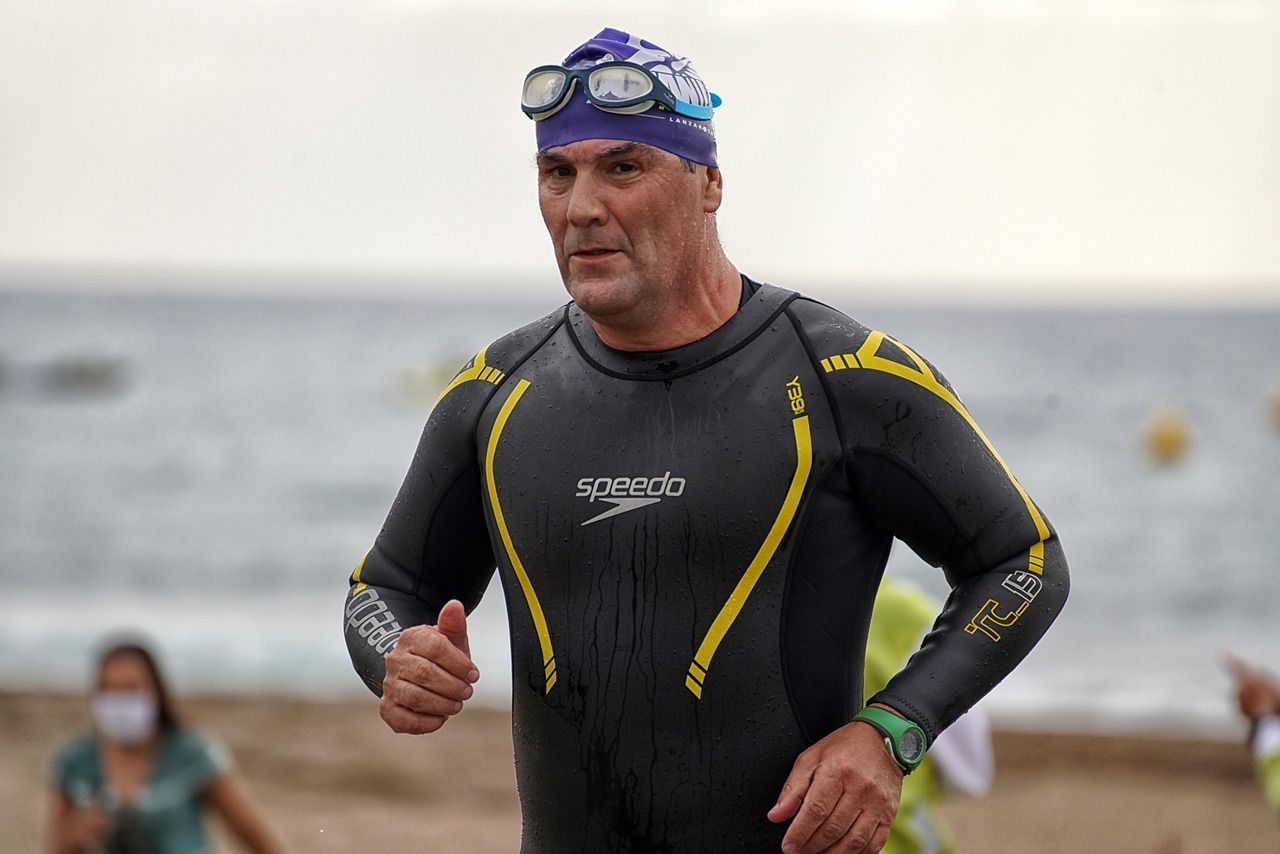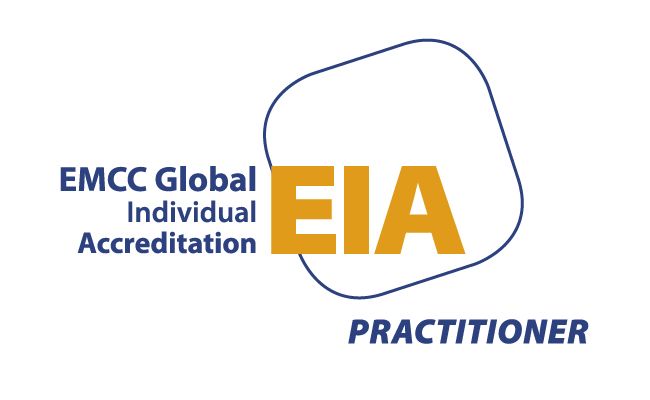CEO Burnout and Emotional Resilience: How to Lead Without Breaking Down
Self care isn't optional when you are leading a team, it is a critical part of succes

“I couldn’t cope with the fact that the child I loved would die. I put up a wall.”
Jayne Hughes, CEO of Amy and Friends
As the founder and CEO of Amy and Friends, Jayne leads a global community supporting children with DNA disrepair life-limiting conditions, such as Cockayne Syndrome. Her leadership journey, which she had loved and thrived in, had been managing pubs, with a big team of paid staff. But her experience as a mum with a child with life limiting illness demanded more emotional resilience than most of us will ever be asked to summon. She set up Amy and Friends in honour of her daughter, who sadly died at 28 and now leads staff, volunteers as well as a plethora of medics and academics.
Her experience is not unique in the social purpose sector. Many CEOs are quietly carrying the emotional weight of their teams, their missions, and the communities they serve. And it’s takes a toll. Just this week I was with a fantastic small team who were talking about managing staff who are seen as a safe pair of ears to volunteers, many of whom are coming with mental health issues.
There is a hidden cost to this compassion with recent UK research showing that:
• 30% of charities report increased staff burnout or exhaustion.
• 26% have seen a rise in low wellbeing, and 25% in sickness absence.
• Many CEOs are stepping in to cover HR, fundraising, and frontline delivery, often without support.
This is more than operational strain. It’s can be described as emotional labour which is often an invisible burden that leaders and their teams carry when they must remain composed, optimistic, and available, even when they’re struggling themselves.
Why This Matters for CEOs
The CIPD and Mind UK highlight that emotional labour is now a defining feature of leadership roles, especially in mission-driven organisations.
Yet many CEOs:
• Delay listening to their own bodies (“I leave it to the very last minute,” said Jayne).
• Feel isolated in their decision-making.
• Struggle to find safe spaces to process the emotional impact of their work.
Tips for Leading with Strength and Sustainability
- Recognise emotional labour as real work. Build it into your leadership development plans. It’s not a weakness it is a skill that needs support.
- Create space for reflection, whether through coaching, peer groups, or structured time out, reflection is not a luxury it is a necessity.
- Model boundaries with your team as they will take their cues from you. If you never switch off, they won’t either.
- Invest in your own support such as executive coaching that offers a confidential space to think, feel, and lead with clarity.
Jayne’s story reminds us that leadership is not about having all the answers. It’s about showing up, step by step, even when it’s hard. Especially when it’s hard.
If you're a CEO navigating complexity, grief, or growth, I offer executive coaching that helps you lead with courage and care without losing yourself in the process.
Let’s talk about how I can support you.
Listen to Jayne's episode on The Unlikely Executive here




